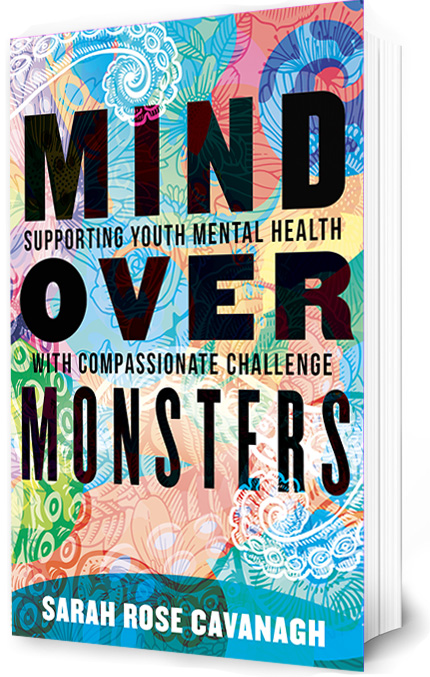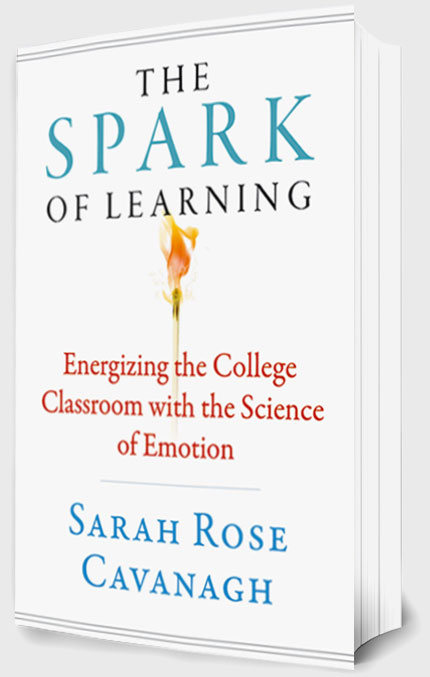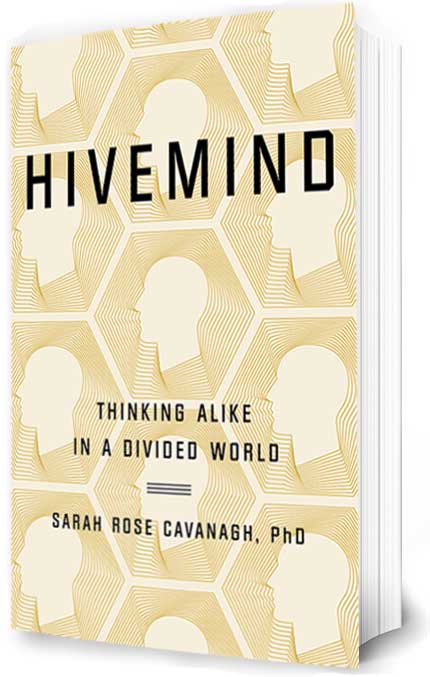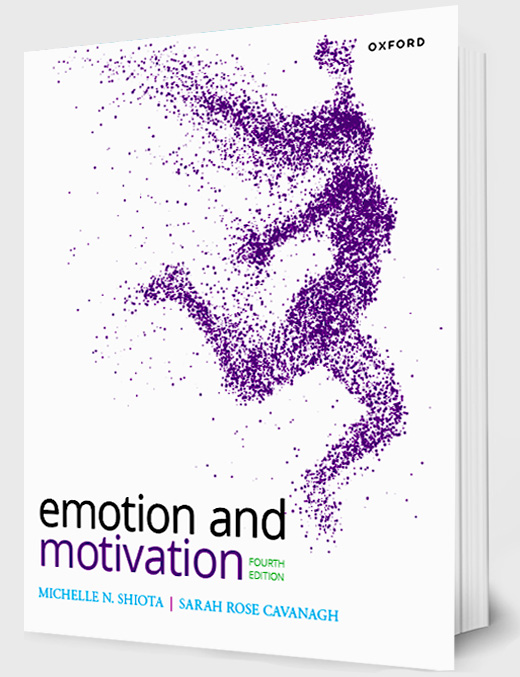Books

Mind Over Monsters
Supporting Youth Mental Health with Compassionate Challenge
Alarming statistics in recent years indicate that mental health problems like depression and anxiety have been skyrocketing among youth. While major stakeholders argue over whether we need greater compassion or whether so-called “coddling” might in fact be driving up rates of mental health problems and we should instead introduce more challenge, psychologist and professor Sarah Rose Cavanagh presents extensive evidence to argue that this is a false duality. Instead, she proposes that first we need to create learning and living environments characterized by compassion, and then we need to guide our youth into practices that encourage challenge. In Mind over Monsters, Cavanagh highlights the voices of actual students and supplements these insights with science sourced not just from psychology and sociology but also pedagogy, neuroscience, and critically evaluated peer-reviewed research. To identify solutions, Cavanagh interviews a roster of experts across the country who are dedicating their lives working with young people to help them actualize their goals. The result of these combined sources of inquiry indicates that to encourage youth mental health, we need to create what Cavanagh calls compassionate challenge–learning environments that help our students face their fears, to vanquish their monsters, but in a supportive, safe, and even playful way. Mind over Monsters bridges the opposing sides of the youth mental health crisis and offers a new path out–one that does not just treat symptoms but encourages the overall health of young people.
Spark
Written for educators, Spark of Learning argues that thinking strategically about emotion in the classroom can enliven the classroom experience for teachers and students alike.
Historically we have constructed our classrooms with the assumption that learning is a dry, staid affair best conducted in quiet tones and ruled by an unemotional consideration of the facts. In friendly, readable prose, Sarah Rose Cavanagh argues that if you as an educator want to capture your students’ attention, harness their working memory, bolster their long-term retention, and enhance their motivation, you should consider the emotional impact of your teaching style and course design.


Hivemind
A collective consciousness in which we share consensus thoughts, emotions, and opinions; a phenomenon whereby a group of people function as if with a single mind.
In this provocative book, Sarah Rose Cavanagh provides an overview of contemporary social neuroscience, a consideration of the degree to which the advent of smartphones and social media has amplified both the promises and perils of our hypersociality, and an appeal to attend to the collective aspects of our well-being. Leading a narrative journey from the site of the Charlottesville riots to the boardrooms of Facebook, considering such diverse topics as zombies, cults, and honeybees, Cavanagh leaves no stone unturned in her quest to understand our contemporary challenges.
Emotion and Motivation
